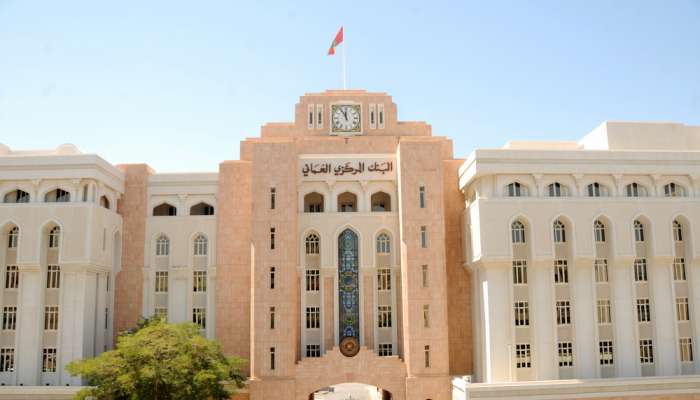
Muscat: The Central Bank of Oman (CBO) raised OMR113 million by way of allotting treasury bills on Wednesday.
The value of the allotted Treasury bills amounted to OMR50 million, for a maturity period of 28 days. The average accepted price reached OMR99.600 for every OMR100, and the minimum accepted price arrived at OMR99.600 per OMR100. The average discount rate and the average yield reached 5.21429 percent and 5.23523 percent, respectively.
The value of the allotted Treasury bills amounted to OMR41 million, for a maturity period of 91 days.
The average accepted price reached OMR98.670 for every OMR100, and the minimum accepted price arrived at OMR98.665 per OMR100.
The average discount rate and the average yield reached 5.33413 percent and 5.40602 percent, respectively.
Meanwhile, the allotted treasury bills for a maturity period of 182 days, amounted to OMR22 million.
The average accepted price reached OMR97.485 for every OMR100, and the minimum accepted price arrived at OMR97.485 for every OMR100. The average discount rate and the average yield reached 5.04382 percent and 5.17394 percent, respectively.
The Treasury Bills are short-term highly secured financial instruments issued by the Ministry of Finance, and they provide licenced commercial banks the opportunity to invest their surplus funds. The Central Bank of Oman (CBO) acts as the Issue Manager and provides the added advantage of ready liquidity through discounting and repurchase facilities (Repo).
It may be noted that the interest rate on the Repo operations with CBO is 6 percent while the discount rate on the Treasury Bills Discounting Facility with CBO is 6.50 percent.
Furthermore, the Treasury Bills promote the local money market by creating a benchmark yield curve for short-term interest rates. Additionally, the Government may also resort to this instrument whenever felt necessary for financing its recurrent expenditures.